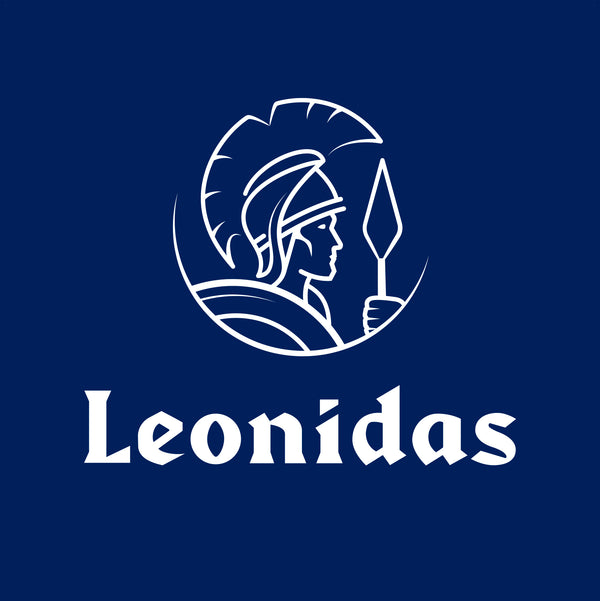History of Chocolate
The mystical origins of chocolate
The origins of chocolate date back 1500 years ago in the tropical rainforests of Central America (where the ideal combination of heavy rainfall, high year-round temperatures and the humidity necessary to grow cocoa).
The ancient Mayan and Aztec civilizations of Central America loved cacao and believed that it was of divine origin. Cacao is in fact a Mayan word meaning " Food of the Gods "which was later used to give the tree its modern generic Latin name "Theobrama Cacao" (meaning "food of the gods")
The Mayans consumed it consumed it as a drink, it was brewed by roasting and crushing the seeds of the cacao (cocoa beans) and mixing this product with corn and peppersThe mixture is then left to ferment to obtain a sweet, spicy and bitter taste. This drink was only consumed in ceremonies, and was reserved for the rich and religious elite.
The Aztecs of central Mexico valued cocoa beans so much that they used them as currency - 100 beans would buy a turkey - and taxes were often paid in cocoa beans to Aztec emperors. The Aztecs drank cocoa and called this drink Xocolatl. When the Spanish conquistadors arrived, they found this almost impossible to pronounce and so adopted the simpler name "chocolate".
The Aztec emperor, Montezuma, drank it regularly and is quoted as saying about Xocolatl The divine drink, which strengthens resistance and fights fatigue. One cup of this precious drink allows a man to walk a whole day without food".
In fact, the Aztecs enjoyed so much Xocolatl that when the conquistadores, after conquering the Aztec capital, arrived at Montezuma's palace and asked to see the Treasure Chamber, they didn't find the long-awaited Gold or Silver, but heaps of cocoa beans.
It was the Spaniards who converted the drink into a tastier beverage by mixing the roasted cocoa beans with sugar and vanilla (a practice that continues to this day), thus compensating for the original spicy bitterness.
Mass-produced chocolate soon quickly began in Spain, and by the early 17th century, the chocolate powder - from which the European version of the drink was made - was being exported to other parts of Europe. The Spaniards kept the source of the drink - the beans - a secret for many years.
It was not until the early 19th century that a Dutch chemist, Johannes Van Houten invented a method for extracting cocoa butter "from roasted ground beans. This led to the creation of solid chocolate as we know it.
Mass-produced chocolate can be made with low cocoa solids (as low as 7%), with most of the chocolate butter being replaced by vegetable oil or other fat, while this results in a cheaper process, it also affects the quality of the product, and it really shouldn't be called chocolate but "sweet chocolate".
Leonidas chocolates are proud to adhere to traditional high quality flavors. Our chocolates are a unique fresh product. Our chocolates contain no vegetable fats and we only use 100% cocoa butter. We also use fresh butter and cream in our butter creams to give them their unique flavor.
In addition, we use Leonidas commitment to quality is recognized by theobtaining the prestigious ISO 9001 quality certificate . This certification is not usually sought by other manufacturers as it goes beyond the standard requirements needed to produce chocolate. It is only through our high quality production methods that we have been able to secure it.
At Leonidas Mount Royal, we are proud of this history and the origins of cocoa. We do everything we can to live up to this thousand-year-old heritage by offering you the best Belgian chocolate in the world, delivered to your door!
